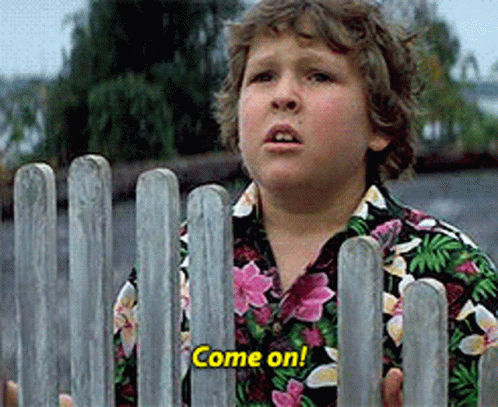As recently reported by various news outlets, Hillary Clinton held a closed-door session with five representatives from #BlackLivesMatter last week after the activists were refused access to a campaign event in New Hampshire. GOOD has obtained exclusive video of the exchange between the Democratic candidate and members of the Boston chapter of #BlackLivesMatter, where a somewhat defensive yet candid Clinton responds to several tough questions. This is the second time in quick succession that #BlackLivesMatter activists have made news with a Democratic candidate for president; earlier Monday, Bernie Sanders tweeted that he would meet with activist DeRay Mckesson and others from the group later this week. That offer came after two Sanders campaign events were disrupted by #BlackLivesMatter protesters. While #BlackLivesMatter representatives insist they intend to push all political candidates to directly address remedies for institutional racism, no member of the crowded Republican field has made an offer to meet with anyone from the group. At the center of the most tense moments in the New Hampshire meeting is the assertion by #BlackLivesMatter representatives that Clinton must accept some responsibility for supporting policies and legislation that have led to mass incarceration in the United States, particularly the Violent Crime and Law Enforcement Act, passed during President Bill Clinton’s first term.
The act was the largest crime bill in U.S. history, and as the Clinton White House worked to build support for it in 1994, Hillary joined the effort lobbying lawmakers for support. “We need more police. We need more and tougher prison sentences for repeat offenders," she proclaimed at a Women in Policing conference in August of that year. "We need more prisons to keep violent offenders for as long as it takes to keep them off the streets."
The act passed and was signed into law one month later. Federal funding for prisons increased by $19 billion, while funding for public housing funding fell by $17 billion. According to a study by the Justice Policy Institute, during President Bill Clinton's eight years in office, the number of prisoners in federal prisons almost doubled, outstripping the increases over the prior 12 years of Republican administration, while almost 60% of those sent to federal prison during the Clinton years were for drug offenses. The end result: a federal prison population larger than at any other point in American history.
Confronted with this history at the meeting in New Hampshire, Hillary Clinton is refreshingly honest and authentic at some moments, and sharply defensive at others. The most uncomfortable: The candidate responds to an activist’s assertion that “this is, and has always been, a white problem of violence,” by suggesting she could talk “only to white people about how we’re going to deal with the very real problems,” a suggestion both Clinton and the activist then acknowledge is not what either want.
When reached for comment, representatives from #BlackLivesMatter made clear their intention: Not to skewer Clinton or any individual politician, but to prompt all politicians to think about and directly address racial injustice in America. As noted in the organization’s recent press release, “Historically, all political parties have participated in the systematic disenfranchisement of Black people. Anti-black racism, especially that sanctioned by the state, has resulted in the loss of healthy and thriving Black life and well-being. Given that, we will continue to hold politicians and political parties accountable for their policies and platforms."
“You have been, in no uncertain way, partially responsible for this," they remind Clinton directly.















 Yassan's GPS Drawing Project
Yassan's GPS Drawing Project



 Elon Musk poses for a photo op.
Elon Musk poses for a photo op.
 The Atlantic Ocean still holds secrets that scientists are hunting down.
The Atlantic Ocean still holds secrets that scientists are hunting down.  A detailed map was made using temperature and salinity profiles from the Argo data repository.
A detailed map was made using temperature and salinity profiles from the Argo data repository. Though you might not be able to tell one bit of water from another, scientists can and there are real consequences for the planet.
Though you might not be able to tell one bit of water from another, scientists can and there are real consequences for the planet. 
 Prepping the pieCanva
Prepping the pieCanva Pepperoni sliceCanva
Pepperoni sliceCanva Pizza partyCanva
Pizza partyCanva
 Cozy pizzaCanva
Cozy pizzaCanva
 Making the pie from scratchCanva
Making the pie from scratchCanva Image Source: Reddit I
Image Source: Reddit I  Image Source: Reddit I
Image Source: Reddit I 